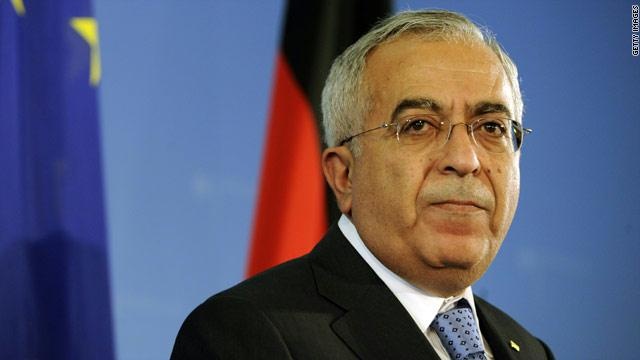By: Abdelkader Assad, freelancer journalist
Is Libya the United Nations’ testing ground?

First, it was the Lebanese university professor, Tarek Mitri, then the Spanish diplomat, Bernardino Leon and afterwards, the German diplomat Martin Kobler, and now the new UN Secretary General, Antonio Guterres, picks a Palestinian businessman and politician, Salam Fayyad, to head the UN Support Mission in Libya (UNSMIL).
As scientists and researchers deal with the samples they gather for testing results, the UN has used Libya, to all appearances, as a testing ground for the aforementioned diplomats, whether or not they are well versed in the field.
Testing an Arab from the Levant, Tarek Mitri, in Libya back in 2013, when the country was flourishing and there were only good post-revolution vibes, did not prove so effective, at least given the UN orthodox rules, and that is why the UN rushed into a more “effective” diplomat to be responsible for the mess that was looming in Libya.
And Bernardino Leaon did not waste a thought and jumped right into the battlefield to save Libyans and bring them together, or did he?
Leon, by and large, was one diplomat who eyed only personal gain, not by my own understanding, but by his own doings. Little reconciliation and unity happened when he was the UN’s sample to test in Libya’s ground, while much chaos and pandemonium took place and more fragmentation and division took shape instead.
The UN was urged to act, more by its orthodox rules again, to show the world that the world peacemaker will never hesitate shelving a sample when it proves non-productive – politically speaking. And there appeared the German ever-smiling diplomat, Martin Kobler, who – besides being so worried about the soaring prices of eggs in Libya – was quick to give the UN some good results by bringing the “two warring political parties” into a unity government in Skhirat, Morocco on December 17, 2015.
The UN then, like a baby so happy with his first steps, expressed trust in the German diplomat; at least he seemed to give some results unlike the other testing samples. Kobler was given a carte blanche by the UN to, as the Libyans say, rule the country and set his own UN-driven rules for reconciliation and unity in Libya.
He started painting Libya red, going east, west and southward trying, as he put it, to bridge the gap among the conflicting parties. However, to this date, Kobler’s moves have added to the chasm rather than stitching it. Three rival governments are operating in Libya now, when Kobler promised the UN to form only one united government, and worse yet, Kobler couldn’t even get the government he helped form in Morocco, approved by one rival body in the east (House of Representatives).
Yet, all of that hubbub created by the diplomat was not a reason for the UN missionaries to end their experiment in Libya, they gave him another chance, maybe he could have a kind of shot in the dark and prove effective.
Algeria, Tunisia, Egypt, Qatar, Turkey and other countries he visited were not as useful as he thought to make his “unity government’ work on the ground. At the end of the day, there is Khalifa Haftar in the east and he faced many obstacles to try and convince him – more than to convince his rivals – to accept the UN-brokered unity government.
On Wednesday, off went Kobler to New York, he gave a thorough speech about the Libyan issue and how he still needs to amend, reshape or reshuffle the government he helped make in Skhirat. He also told the UN that there are still many obstacles in the path to reconciliation and unity. And I bet the UN Secretary General was saying deep inside, “Yes, music to my ears, Kobler.”
Kobler went to his hotel or so, while the UN Secretary General went to the organization’s orthodox rules book to issue a crystal clear failure notice for the German sample in Libya and thus wrote a new name to be sent to the testing ground in the war-stricken country.
Social media was then quick to circulate the statement of appointing a Palestinian businessman and politician in the place of Kobler as the Head of the UNSMIL.
New blood, new choice or is it? Libyans say, while observers, myself included, think that having a new Arab UN delegate will only make Libya go back to the drawing board.
Disclaimer: The views and opinions expressed in this article are those of the writer, and do not necessarily reflect those of the Libya Observer
